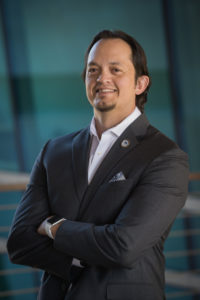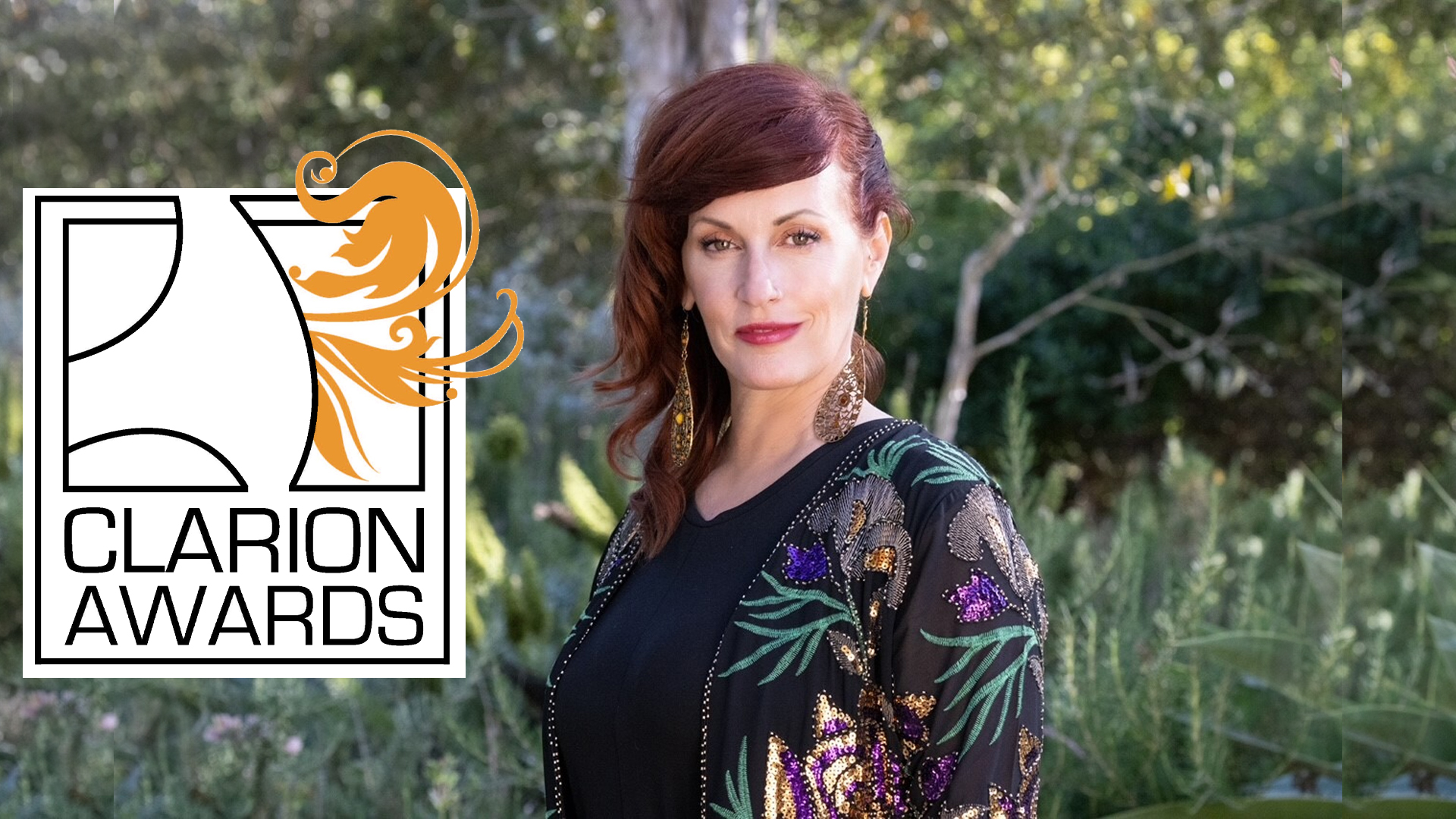EBC Blog: Coaching Veterans in Transition: Some perspectives on Military Cultural Competency

Guest Blogger: Barton D. Buechner, PhD, Captain, US Navy (Ret) https://www.linkedin.com/in/barton-buechner-218a167/
The notion of personal coaching for veterans in transition seems to be gaining some traction as a strategy for helping former service members make the switch from their identity and purpose in the service to a new, yet undiscovered future role in society. There is increased recognition by the services and business the just helping a veteran to write a resume or translate service skills to other professions is an incomplete solution, at best. Well-prepared coaches can help to fill this gap by adding the personal and individual touches that have heretofore been missing. Methods and approaches for working with this population are not all that different from other clients, but do require developing an enhanced perspective on where these folks are coming from… and it’s not always the same place. While every veteran has likely had a different experience in the service, some general similarities are noted here as a way to increase confidence of coaches in getting started working with the transitioning veteran population.
Cultural and intercultural competence
Firstly, it may be helpful to think of the veteran in transition in a similar way to others who might be crossing cultures, such as employees of international organizations and other “expatriates.” The military services have made extensive efforts to develop intercultural competence as part of preparation and training for overseas deployments, but even veterans who have received this training may not necessarily be thinking of using these skills as part of their own transition from service. A coach can help them think of ways to engage this existing capacity as part of a transition strategy. It is also helpful for the coach to have enough understanding of military culture to be credible with the veteran, and also to help the veteran to “bridge” very different contexts.
Co-constructing a new identity and future
Secondly, most service members have been socialized into a strong and (usually) positive group identity, in which other individual differences (such as race, class, and gender) are subordinated to the service identity. In short, they are soldiers, sailors, marines or airmen first, and whatever else second. This can be good, in terms of fostering an inclusive environment and camaraderie, but the loss of this closeness after separation may also create some barriers when moving into a future identity that is less certain, and less coherent. If veterans do not immediately “see themselves” in a new identity, there may be some resistance in learning new skills, and acquiring new ways of being, hampering perceptions of “fitting in” in a new community or profession. Some may have trouble “letting go” of certain aspects of their service identity, even when they know at some level it may be holding them back. A coach skilled in identity formation may instead take the route of working with the veteran to “co-construct” a new identity that includes some of the positive aspects of service experience, and leverages that with direction for personal growth, and even opening space for transformative change. Unlike military training, this is not simply a matter of imprinting a new identity over the old one, but involves a process of self-reflection, trying new things, and perhaps creating a hybridized version of self that the veteran can “own” moving forward.
Turning stress into personal growth
Lastly, some coaches, and even many veterans, may have misconceptions about the impact of combat stress during transition. While many veterans do struggle with modulating their responses to environmental stimuli after coming home, being sensitive or seeing the world differently does not necessarily rise to the level of pathology. Many service-connected “disorienting dilemmas” and shifts in worldview can be leveraged for personal growth, and even serve as catalysts for a new post-service identity and direction. A coach can certainly help a veteran to recognize this, and act positively on it to create proactive and transformative personal strategies and goals. Of course, coaches should know the signs of acute disturbance, and be prepared to refer or suggest the use of professional mental health services when appropriate.
Reference:
Kent, S. and Buechner, B. (2019) Beyond Transition: Personal and Social Transformation Through Co-Inquiry Among Military-Connected Students. Journal of Humanistic Psychology, Sage. https://journals.sagepub.com/doi/abs/10.1177/0022167819841702
Evidence Based Coaching (EBC) Professional Series Webinar: Coaching Military Leaders and Veterans
Watch now on YouTube at https://youtu.be/9ii-vrPQe6Y
During this informative EBC Professional Series Webinar hear from coach scholar-practitioners and veterans who support military leaders and veterans. Explore how coaching can support veterans through the often challenging transition from military service to civilian life and work. Panelists will discuss how they have incorporated coaching into leadership development and career management. Learn why every military leader should have a professional coach on their extended team. Also, hear how professional coaches can volunteer to support nonprofit organizations dedicated to helping veterans.
Host: Terry H. Hildebrandt, PhD, MCC, MCEC – Director of Evidence Based Coaching, Fielding Graduate University
Panelists:
Joe Lara, MS, Sr. Director, Programs, The Honor Foundation, https://www.findthe-x.com/about.html, https://www.linkedin.com/in/findthex/
Barton Buechner, PhD, Sr. Adjunct Professor of Military Psychology, Adler School of Professional Psychology, Michigan State, https://www.linkedin.com/in/barton-buechner-218a167/
Raquel Cosden, MS, ACC, internal coach at Dept of Defense, www.mybrilliantcoach.com; https://linkedin.com/in/mybrilliantcoach/
For more on Fielding’s EBC Coach Training Program, see http://coach.fielding.edu
#coach #ebc #fielding #coachtraining #coaching #evidencebasedcoaching
Join Over 7,500 Fielding Alumni Located Around The World!
Change the world. Start with yours.™








Get Social